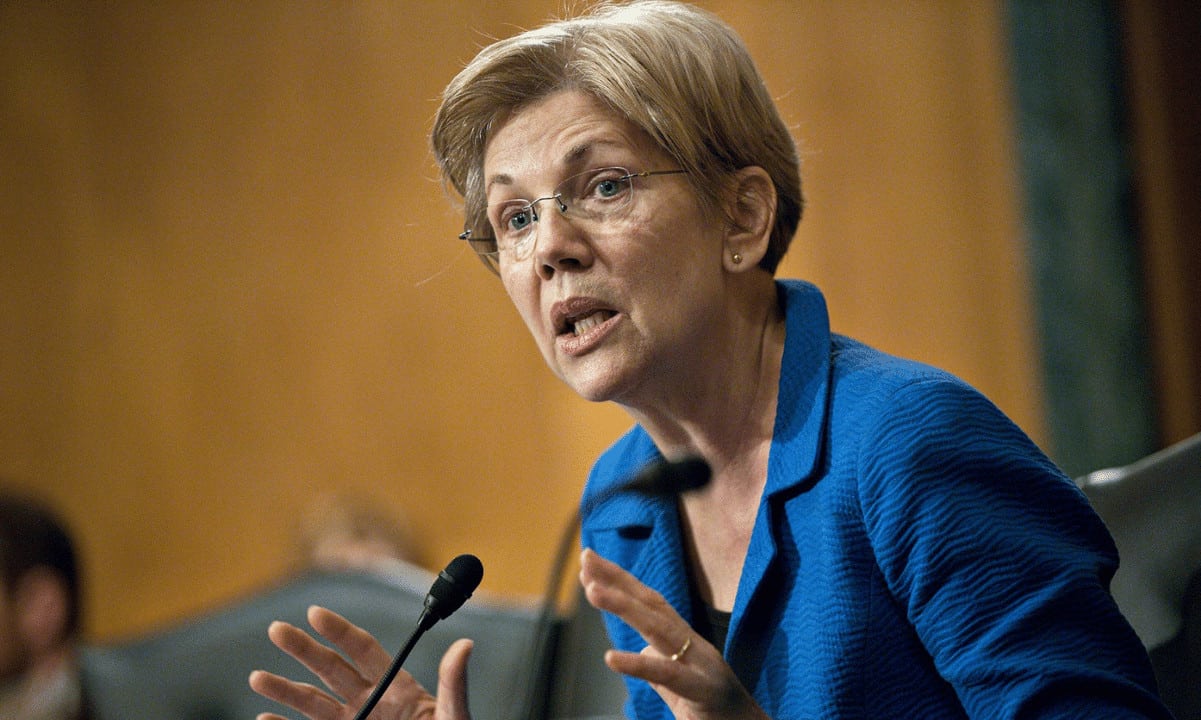U.S. Senators Torch Meta’s Stablecoin Ambitions: ‘Privacy Nightmare’ and Regulatory Dodge Exposed

Meta’s latest crypto push just got a bipartisan smackdown—lawmakers are calling it a Trojan horse for data harvesting and financial chaos.
Here’s why Washington’s hitting the panic button.
The Privacy Black Hole
Senators allege Meta’s stablecoin design would funnel unprecedented user data into Zuckerberg’s empire—wallet activity, spending habits, even social connections. ‘It’s Libra 2.0 with extra surveillance,’ one staffer muttered.
Regulatory Shell Game
Sources say the project deliberately straddles SEC and CFTC jurisdictions. ‘They’re playing regulators like a fiddle,’ scoffed a Banking Committee aide. Meanwhile, Meta’s lobbying spend just hit an all-time high—what a coincidence.
The Bottom Line
While DC fumes, crypto traders are already pricing in the drama—because nothing pumps token values like regulatory uncertainty and corporate overreach. Stay tuned for the next episode of ‘As the Stablecoin Burns.’
Zuckerberg Pressed on Stablecoin Strategy
Citing recent reports that Meta has been in discussions with crypto firms and hired a fintech executive to lead its stablecoin push, the lawmakers argued that any such move, whether through direct issuance or strategic partnership, would allow the company to tighten its grip over payments across its massive 3.5-billion-user ecosystem.
The senators express concern that a Meta-backed stablecoin could allow deeper surveillance of user transactions, threaten competition, and expose consumers to systemic financial instability. Drawing parallels with the 2023 depegging of USDC and the subsequent federal backstop, they warn that taxpayers may again be forced to shoulder the consequences of a run on a Meta-linked stablecoin.
Beyond financial risk, the letter also outlined the company’s history of privacy violations, antitrust investigations, and failure to safeguard users, especially children, from harm, and argued that such a record makes the company uniquely unfit to manage a private currency system.
The timing of the company’s revived stablecoin ambition is also significant, coming as Congress debates the GENIUS Act, which could pave the way for Big Tech to issue digital dollars through lightly regulated affiliates. Warren and Blumenthal question whether Meta is lobbying lawmakers to influence the bill’s language and seek clarification on whether the company is trying to exploit regulatory loopholes to gain a controlling stake in a stablecoin issuer.
Meta Faces June 17 Deadline
The letter also demands detailed disclosures by June 17, including a list of consulted crypto firms, intended platforms for deployment, and lobbying activity related to the GENIUS and STABLE Acts. The senators have called on the tech company to explain how its current stablecoin plans differ from the Libra and Diem projects and what steps have been taken to address past concerns.
In a clear pushback against what they see as a dangerous overreach, the lawmakers ask whether it WOULD support amendments to block Big Tech firms from issuing or controlling stablecoins explicitly.

